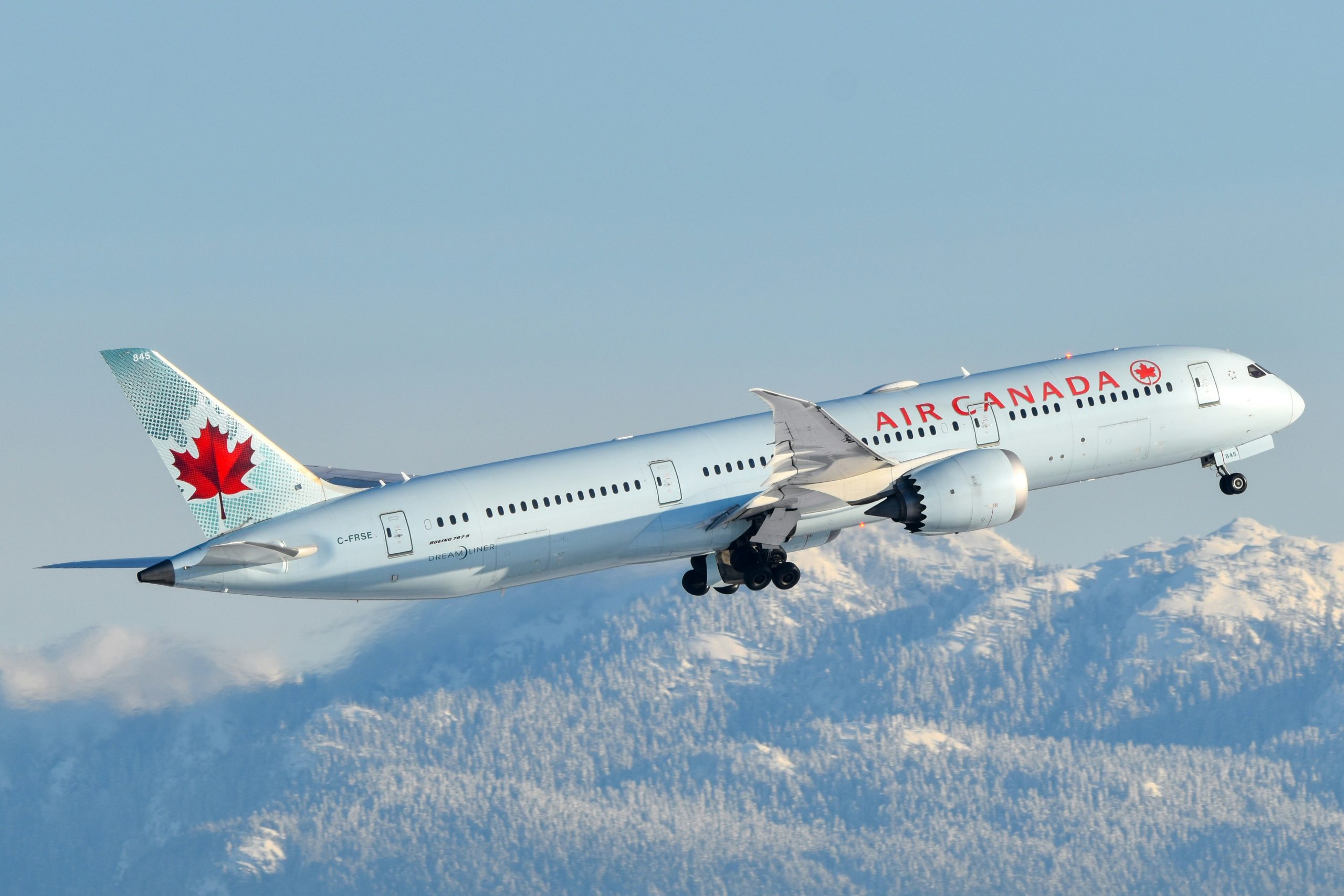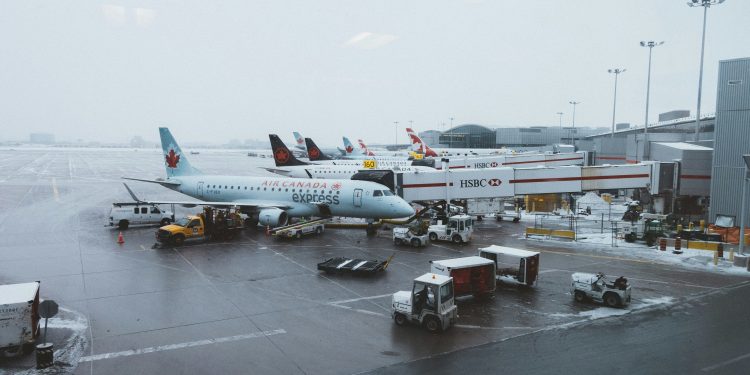Air Canada and the Canadian Union of Public Employees (CUPE) have reached a tentative labor agreement, effectively ending a strike that threatened to ground the airline and strand tens of thousands of passengers during peak travel season.
The breakthrough came after intensive negotiations addressing core demands around compensation for unpaid duties like pre-flight boarding. While full contract details remain confidential pending ratification, the deal reportedly improves upon Air Canada’s initial offer of a 38% total compensation increase over four years—a proposal the union had previously rejected as insufficient for its 10,400 members.
With the strike’s conclusion, Air Canada immediately began restoring normal operations across its mainline and Air Canada Rouge networks. The carrier had preemptively canceled hundreds of flights in anticipation of the walkout, creating ripple effects throughout Canada’s air transportation system.

Travelers previously facing vacation disruptions and business meeting cancellations can now proceed with greater confidence, though residual schedule adjustments may continue through the week as aircraft and crews reposition across Air Canada’s global route network spanning 180 cities.
The agreement’s wage increases—reportedly exceeding the initial 25% first-year raise proposal—will inevitably raise Air Canada’s operating costs amid already challenging economic conditions for airlines. However, management gains valuable labor peace through at least 2028 and avoids potentially catastrophic losses from full summer shutdown. Industry analysts estimate each day of strike action would have cost between $20-25 million in lost revenue and compensation payments, making the negotiated settlement a financially prudent outcome despite higher personnel expenses.
Next Steps for Air Canada Flight Attendants
CUPE will now present the tentative agreement to its membership for ratification votes conducted across Air Canada’s major bases in Toronto, Vancouver, and Montreal. The union’s bargaining committee unanimously recommends approval after securing concessions on key issues including boarding compensation, duty rigs, and retirement benefits.
If ratified, the contract would establish industry-leading standards for Canadian aviation workers and potentially influence upcoming negotiations at other carriers including WestJet, whose flight attendants continue negotiating their first collective agreement.

















